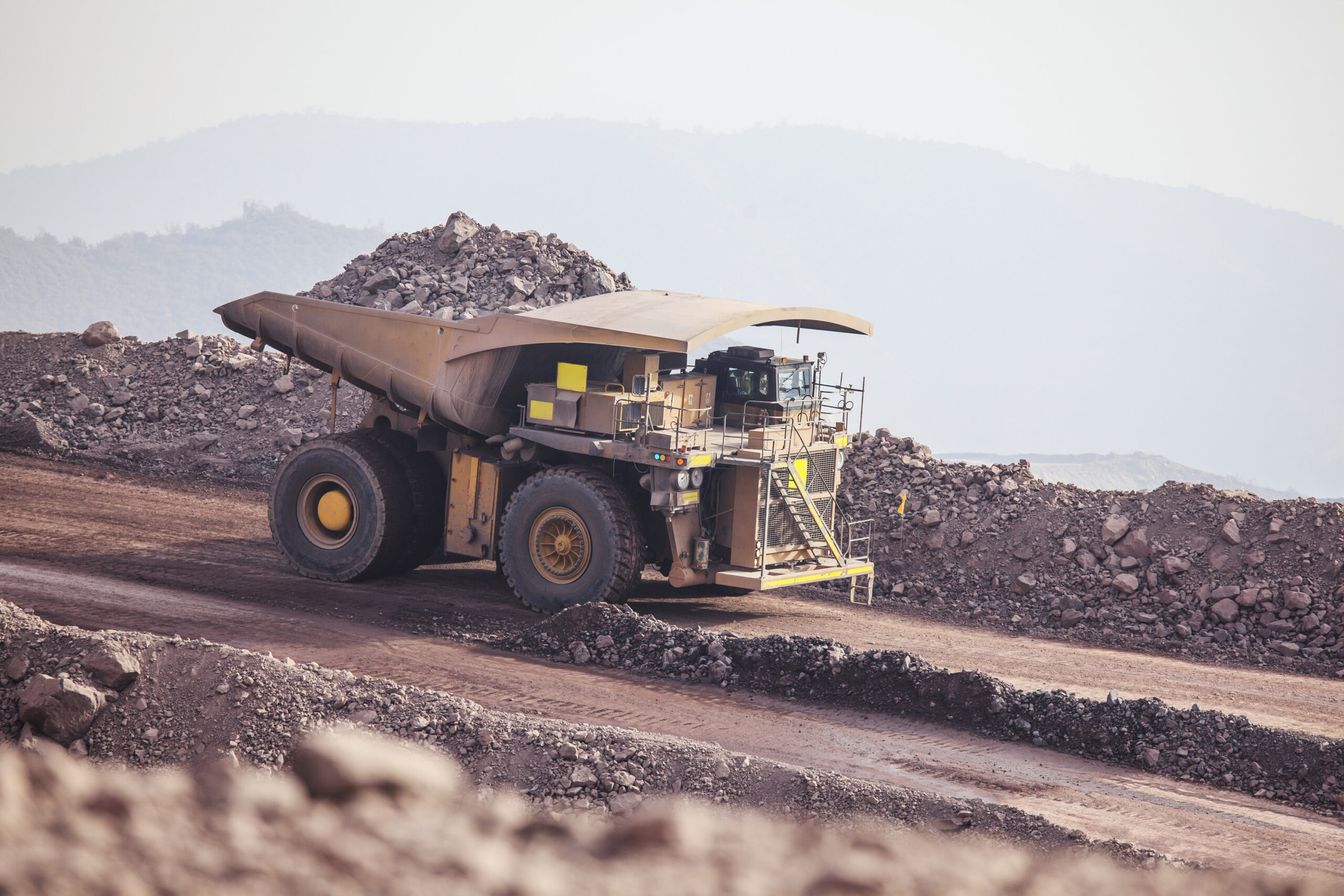Costly and Complex? How The industry Is Breaking Down Barriers to Fleet Management
Costly and Complex? How The industry Is Breaking Down Barriers to Fleet Management
Effective fleet management has the power to transform mining operations, unlocking efficiency, boosting control, and driving cost savings. It is at the heart of running a safe, productive operation.
But the thought of fleet management often suggests costly, complex, and inefficient systems. In the mining industry, legacy solutions and poor implementation have traditionally been a pain point for operators, and negative perceptions of fleet management systems (FMS) continue to limit miners when it comes to optimising their operations.
What if there was a better way? New technologies like cloud-hosted and serverless deployments are revolutionising FMS, liberating operators from traditional, cumbersome systems. With the right partner, legacy systems and their drawbacks can be a thing of the past.
We explore the key barriers to entry for FMS and reveals how a range of innovative solutions are providing a new way forward.
Barrier 1: It’s expensive
Legacy FMS systems can be costly, with licence and support fees piling on top of initial capital investment.
“As most traditional FMS are built on older technology stacks, they are server-heavy. This can cost the miner more than USD 500,000 in capital, plus annual licensing costs,” says Kush Shah, manager of technology solutions at mining technology and change management firm Haultrax. “They often also demand a private WiFi/LTE network to operate live data feeds, and other vendors tend to charge clients extra to access their data from outside the process/operations network, on mobile devices or integrate with existing enterprise resource planning (ERP) systems. This will simply hinder data democratisation, mobility, remote working and integrability.”
But Haultrax’s FMS solutions are challenging the ways of older, less established legacy FMS solutions and reducing the barriers. Their system includes the FleetOps module, a solution which uses GPS tracking and intelligent algorithms to compile operational data to enable miners to measure, report and improve on key metrics. FleetControl is a dispatching tool which compounds the value of FleetOps, allowing the user to act on that data, manage their mine plan execution and time, material, and activity tracking.
Haultrax’s solution is a lightweight dispatch system that currently only requires an interface for operators. This year Haultrax will enhance its ‘one device’ solution with an embedded screen, which will allow clients to activate FleetControl without any further installation costs.
The company is committed to making its service affordable for all types of miners. The software-as-a-service (SaaS) model cuts out the requirement for expensive and complex IT infrastructure onsite, and FleetControl and FleetOps modules have built-in store and forward capabilities, which remove the need for expensive wireless connectivity.
“Haultrax understands that wireless connectivity for miners can be costly and tricky to maintain,” Kush points out. On top of this, all Haultrax apps are designed to be mobile and user-friendly.
The result? Effective fleet management which helps reduce operational delays and standbys, leading to cost savings for miners; a system that has the ability to quietly scale up and down to operational and contractor needs.
Barrier 2: It’s complex
FMS interfaces are notoriously complicated, requiring specialists to operate them.
“Functionality may exist, but it requires a tremendous amount of training to ensure the users can get value out of the system,” Kush explains. Many of these systems demand a high degree of user input, tying up employees with repetitive tasks.
Haultrax builds simplicity into its systems, meaning that any user can start using the FMS within minutes, and there is no need for specialist staff. In fact, it takes just 15 minutes to train any user to operate the app, and reports can be viewed on a phone, tablet, or computer. FleetOps also leverages automation, requiring no operator input and freeing up employees for other activities. Additionally, Haultrax’s ability to swiftly customise the solution allows the FMS to fit the operation instead of the operation having to change its ways of working to fit the FMS. New functionality can be added flexibly and quickly.
Barrier 3: It’s inefficient
In the past, monitoring systems have produced data in bulk. “Instead of informing the operation, the FMS tends to overwhelm the users with a lot of data,” Kush explains. “Other reporting systems have to be developed to ingest this data to produce meaningful information.” To top it off, sometimes the data produced is not owned by the customer.
Haultrax focuses on delivering the relevant information to the right person. What’s more, they recognise the value of the client’s data.
“All data is owned by the miner. Haultrax simply hosts it,” says Kush. “We strongly believe in data democracy and that the FMS data is the key to unlocking much more value than just production in the hands of our customers. We can help them dive into it and highlight other areas of improvement.”
Something new
By identifying room for improvement in the fleet management space, Haultrax has taken advantage of innovative technologies to do things in a whole new way. Now much more mobile and accessible, its FMS solutions help to empower operators to identify areas of underperformance and opportunity more effectively.
“Our apps are designed around the front-line users, supervisors, operators and dispatchers,” says Kush. “We listen to our users and record all feedback, good or bad.”
As technologies like IoT, edge computing, big data, predictive analysis, and computer vision mature over the coming years, they continue to create new potential to enhance FMS. Big data will enable deeper insights and new possibilities for optimisation. At the same time, machine learning will reduce the need to configure dispatch automation, and real-time asset, road condition monitoring and other data streams will only enhance it. Overall, we envision a future where miners have a data value chain that sits alongside their entire value/supply chain in order to fully maximise their operation’s true potential.
Technology is providing new ways of doing things in every corner of life. FMS is no exception, and Haultrax is leading the charge away from legacy systems to a more mobile, more efficient, and simpler future. It’s time to see FMS in a new light.


